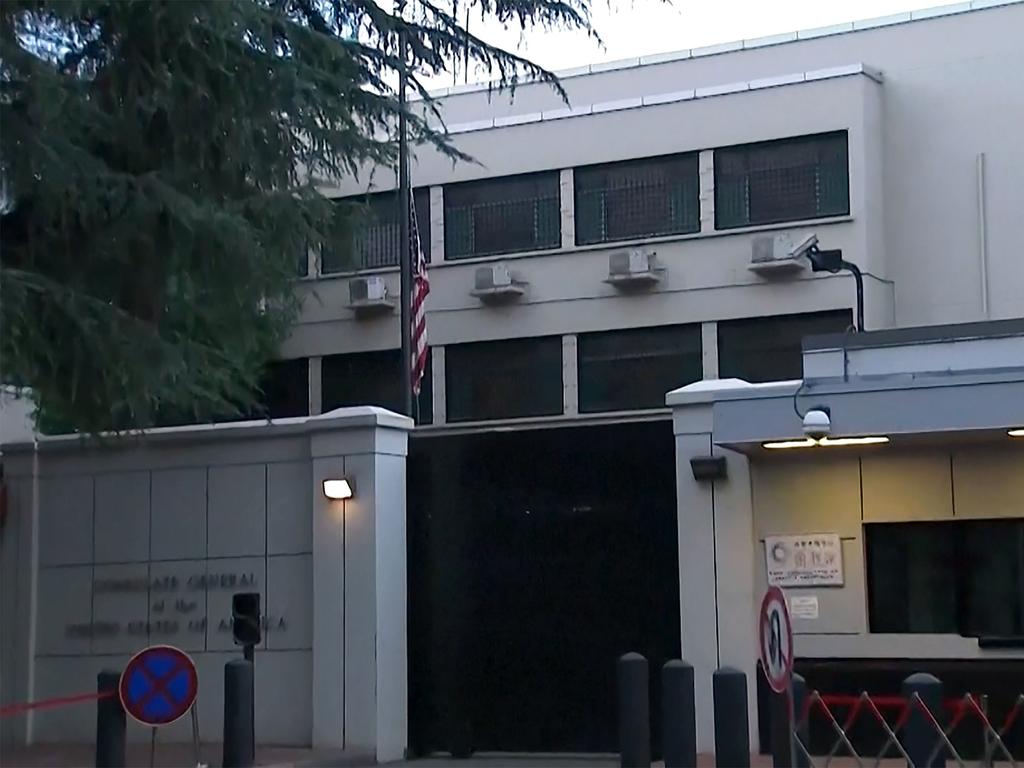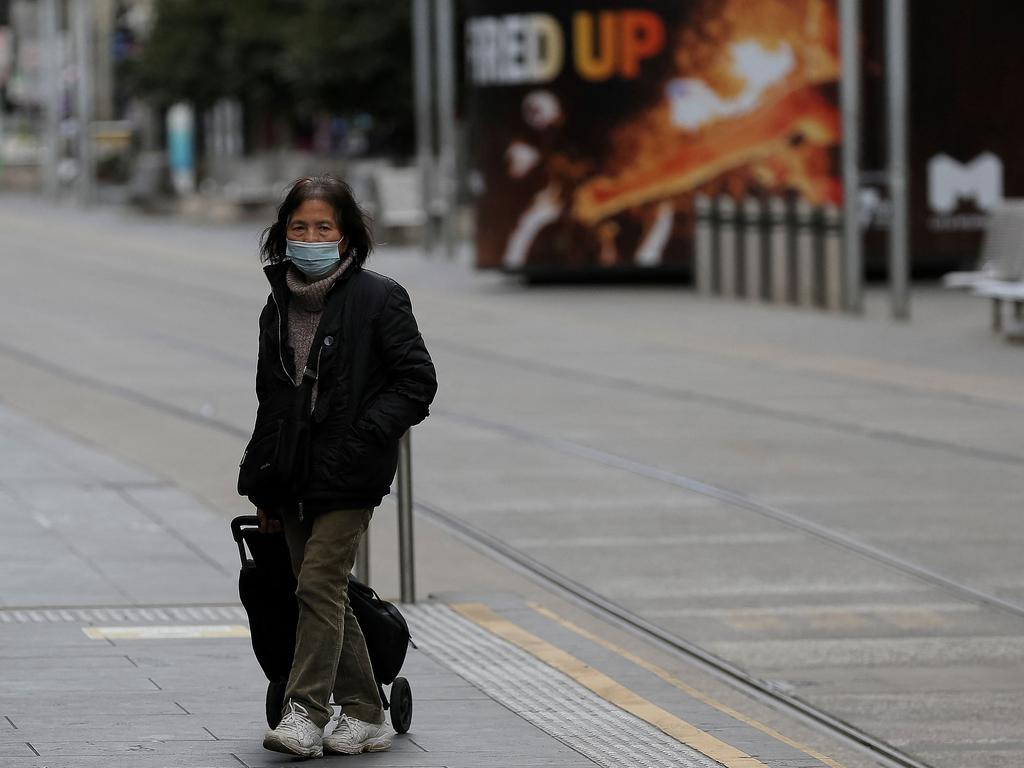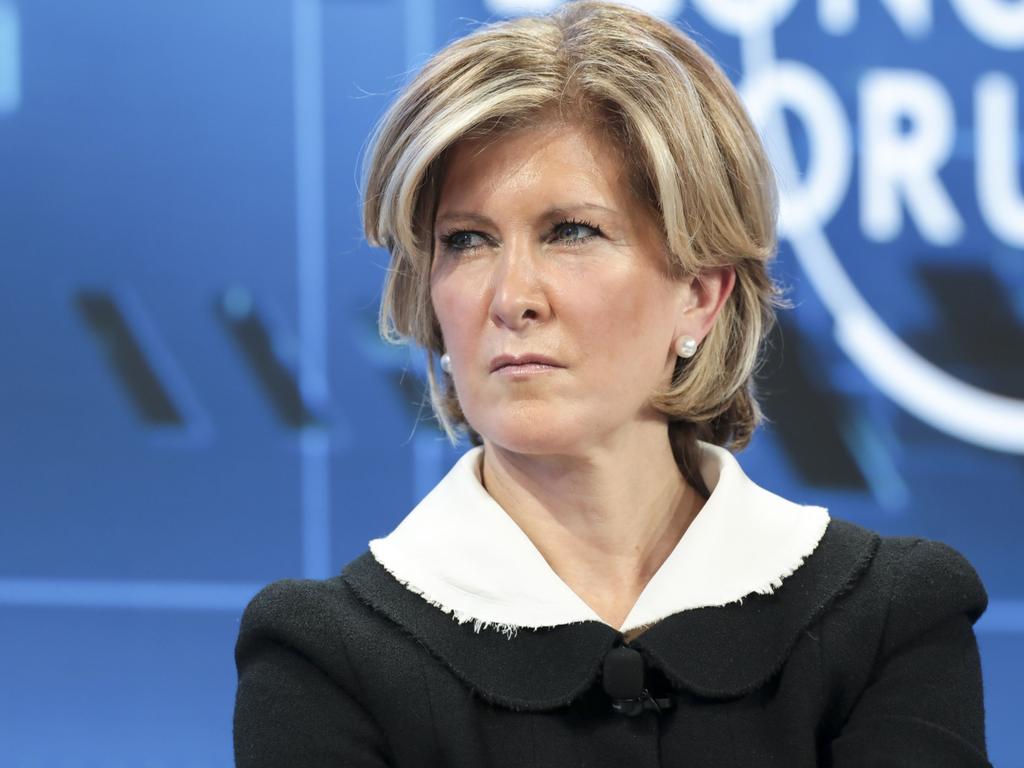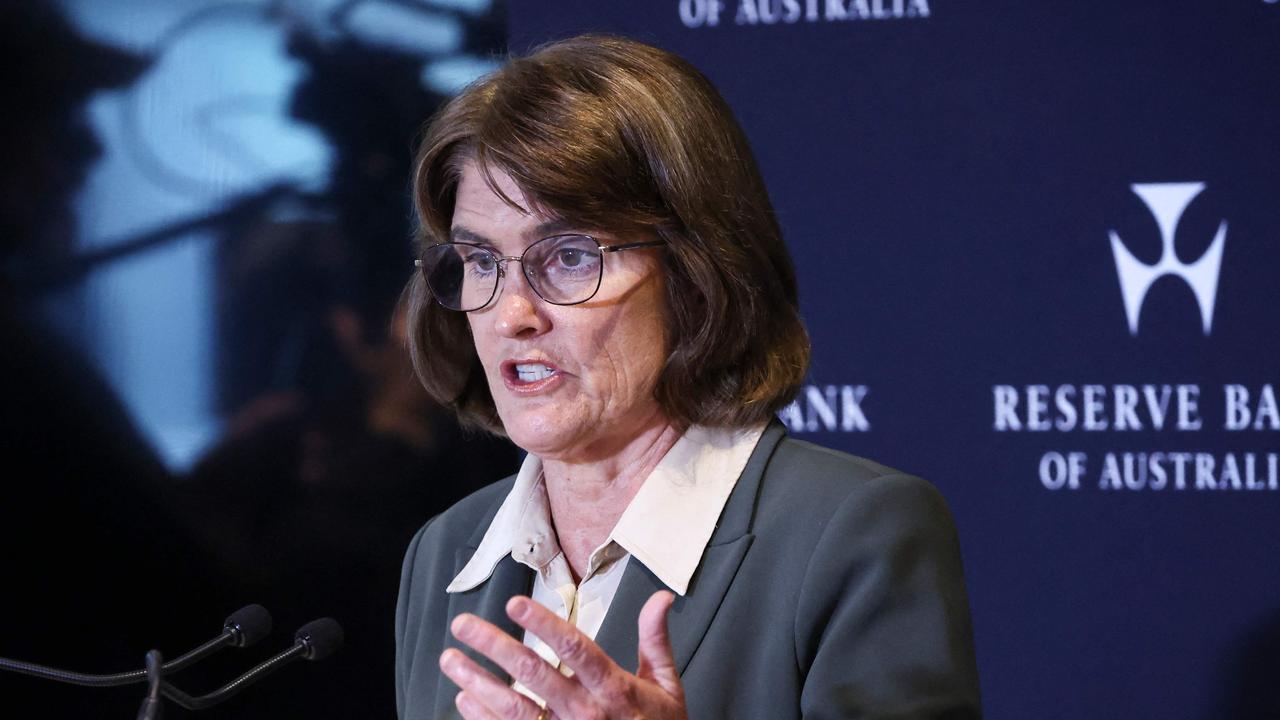US-China friction poses threat to global economy
Andrew Liveris has warned the business world may split into two universes – one led by the US and the other by China – if tensions between the two superpowers worsen.
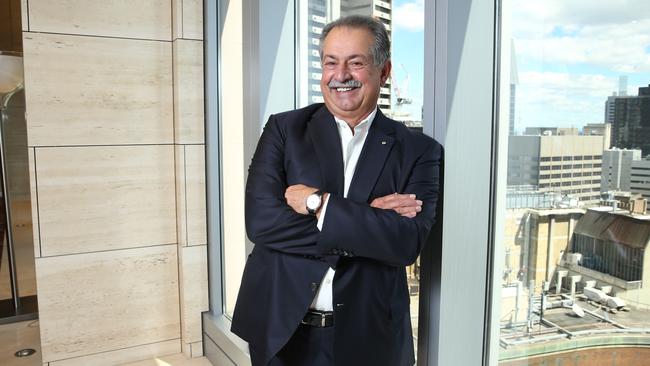
Former Dow Chemicals chief executive Andrew Liveris has warned the business world may split into two universes – one led by the US and the other by China – if tensions between the two superpowers worsen.
In an interview with Fox Business in the US, Mr Liveris, now based in Sydney, warned companies would need to start rethinking their supply chains, bringing more of their supplies onshore, to reduce risk in an increasingly divided world.
Mr Liveris, who stepped down from Dow in 2018 after more than 40 years with the company and has been an adviser to several US presidents, said the increasingly tense US-China relationship was the one of the greatest risks to global economic recovery.
“It is a major threat to global economic recovery,” he said.
He said there were “tailwinds” pushing world economies this year, but US-China tensions were a serious risk with major implications for business.
“The US and the Chinese economies are all coming back – not roaring back but coming back,” he said.
“People are feeling good, except for this risk.”
Mr Liveris, who has visited China regularly since the seventies, said the US-China relationship was as bad as it had ever been in recent times.
“I have never seen it as bad as this,” he said. “I have been going to China since the 70s. As chief executive I went there a lot over 15-20 years.
“We (the US and China) always found a way to bridge the divide. But I am really concerned that we may not find our way, that we are creating two circles of global business – one centred on the US and one very centred on China.
“Countries are going to have to choose their supply chains.”
Mr Liveris, who has been an advocate of a domestic gas reservation policy in Australia like that in the US, said countries needed to look at bringing more of their supply chain onshore.
“I am pro onshoring supply chains, minimising risks such as with semiconductors and other critical things like minerals and batteries,” he said.
“The US needs to get self sufficient in many of these critical minerals because we cannot count on the China supply chain.”
He said this did not mean countries did not trade with China, but they needed to push for much more diversification of their supply chain away from dependence on China.
“It doesn’t mean we don’t let transactional relationships occur,” he said.
“You can have transactional relationships based on need but you had better have diversification as part of your risk mitigation strategy.”
Mr Liveris said the tension between the US and China had been growing for some time.
“The sabre rattling on both sides is doubling down,” he said.
“China has got to the point where it has its own technology. It has claim to many of the modern things it needed before from America.”
His comments came as US deputy secretary of state Wendy Sherman arrived in China on the weekend for meetings with senior diplomats. The meeting, in the port city of Tianjin, will be the first visit to China by a high-level member of the Biden administration since the visit to Shanghai in April by US climate envoy John Kerry.
Ms Sherman will hold talks with China’s vice Minister of foreign affairs, Xie Feng, and the powerful foreign affairs Minister Wang Yi.
The meeting comes after US allies including Australia accused China of backing malicious cyber attacks including the hacking of the Microsoft Exchange email server.
The Biden administration has also recently warned US businesses on the risks of doing business in Hong Kong. While the talks in Tianjin are not expected to deliver any breakthroughs in the relationship, observers have welcomed the fact that there are at least taking place.
Mr Liveris said the business world needed to start paying attention to internal issues in China including developments in the western region of Xinjiang.
Issued earlier this month, the Xinjiang Supply Chain Business Advisory issued by the Biden administration, highlighted the “heightened risks for businesses with supply chain and investment links to business, given the entities complicit in forced labour and other human rights abuses there and throughout China”.


